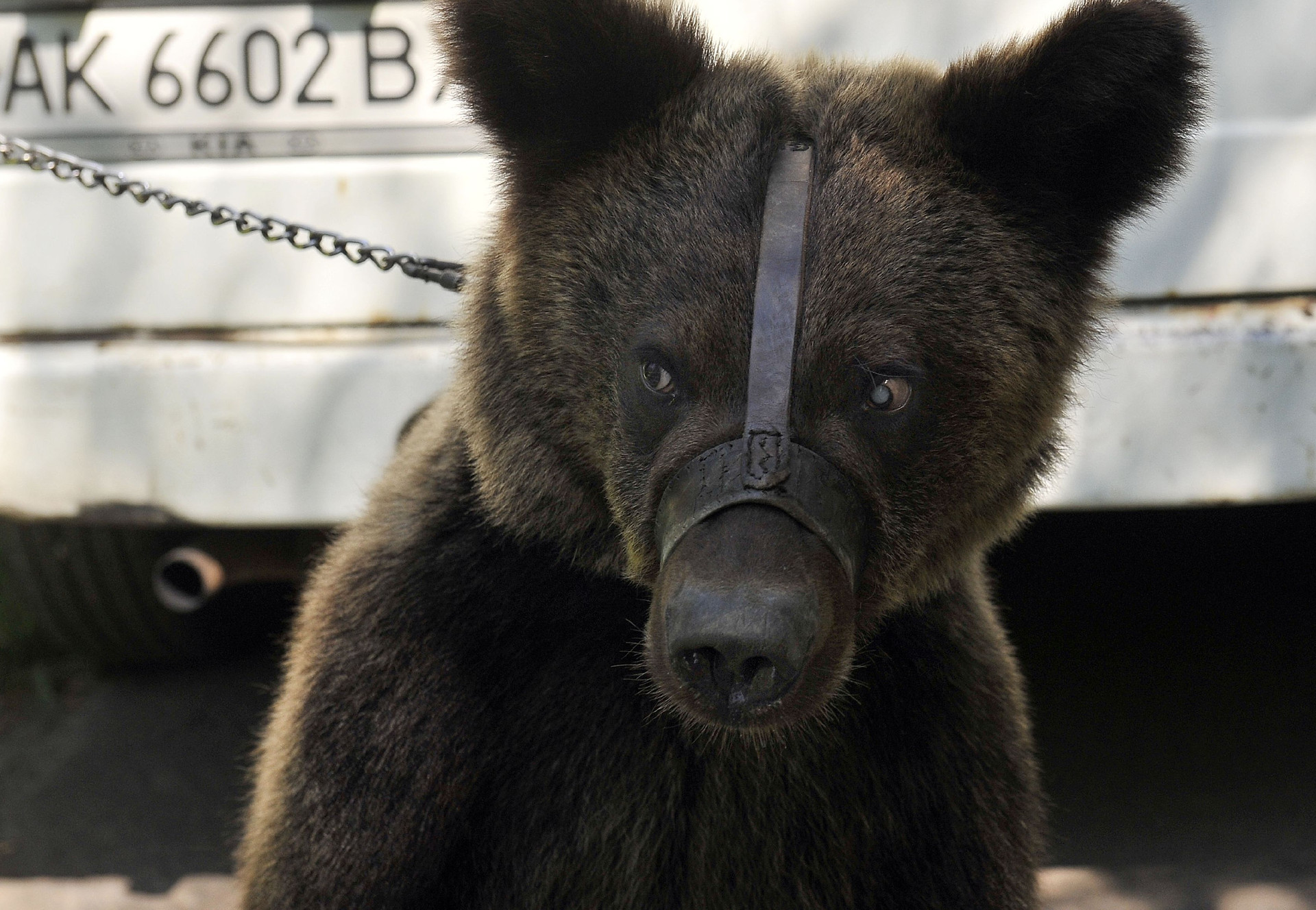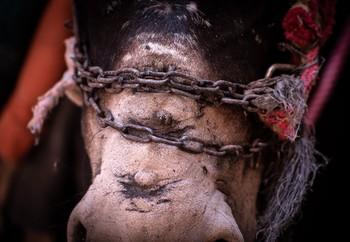
Animal Welfare and Tourism
Selfies with bears in chains or petting lion cubs? Animal welfare should not stop on holiday!
Other countries, other customs – that's one of the great things about being on holiday. However, bear in mind that animal welfare standards abroad can often be lower than at home. What at first glance might appear to be an appealing tourist attraction or a culinary delicacy is often connected to pain and distress for the animals involved.
FOUR PAWS has advice about how to be considerate towards animals abroad and make sure that your holiday is animal-friendly.





